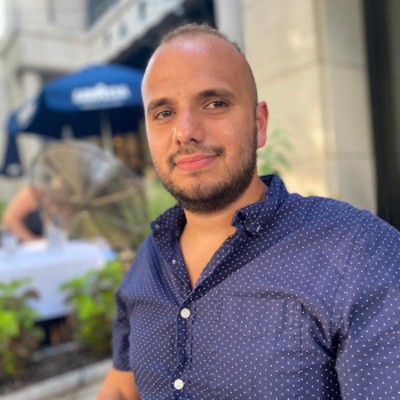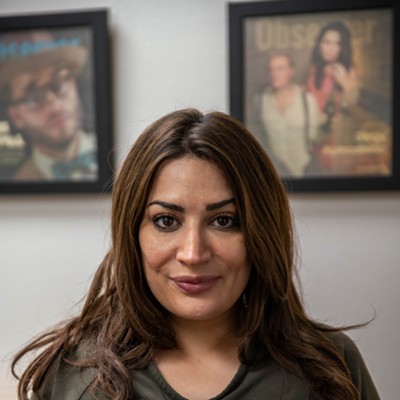One group of former inmates faces even more challenges upon release: those who are HIV-positive.
One North Texas nonprofit has been helping former prisoners readjust as they transition back into the free world. Over the past 20 years, Prism Health North Texas, via a program called Free World Bound, has provided newly freed convicts with HIV prevention and treatment services and to medical care. In its early beginnings, Free World Bound started off providing services to Dallas and Tarrant County jails using a grant of $150,000 from the Texas Department of State Health Services.
Now, Free World Bound has expanded statewide to over 30 prisons, including lockups in Travis County, Harris County, Williamson County, Fort Bend County, Bexar County and counties in the Rio Grande border area.
In 2001, when Free World Bound launched, the founders began by identifying HIV-positive inmates and linking them to medical assistance programs. However, they faced a few barriers when the Texas Department of State Health Services, then known as the Texas Department of Health, failed to inform the Department of Criminal Justice about the grant, and the latter refused the Free World Bound team access to prisons until Free World Bound pivoted to an education program.
Working with people who want to rebuild their lives had been a lifelong dream of Daron Kirven, senior director of community outreach for PHNTX. Through Free World Bound, Kirven has been able to help incarcerated people understand how to navigate housing, transportation, healthcare and other issues incarcerated people face once released.
“We started a six-session intervention [in which] we meet with the individuals twice before they get released back into the community,” Kirven says. “So being able to build a rapport and build trust within that person encourages that person to follow through for their other appointments when they get out. And once they get out, the worker that met with them while they were in prison is the worker that they will be working with once they get released.”
Last month, Free World Bound was rewarded with two grants from the Centers for Disease Control and Prevention totaling “about $1.5 million,” Kirven said. These grants were awarded with the goal to decrease rates of HIV diagnoses, optimize health outcomes for people living with HIV and to reduce HIV-related health disparities.
The program began with two employees and has now grown to a team of over 20. In addition to helping with HIV treatment and prevention medicine, the Free World Bound program also provides STI testing as well as services for behavioral health. They also assist those re-entering society by setting them up with housing and transportation, emergency financial assistance and referring them to social services.
“I think a lot of people don't realize the things people have to go through once they're released,” says Alison Boyd, project manager of Free World Bound. “And when you're dealing with chronic illness on top of that, it can be really difficult. I've learned how important these services are to people when they're dealing with so many different things that they're trying to accomplish and also obligated to comply with the criminal justice system after they're released. Working with this program opened my eyes to all of that.”
“I think a lot of people don't realize the things people have to go through once they're released ... And when you're dealing with chronic illness on top of that, it can be really difficult." – Free World Bound project manager Alison Boyd
tweet this
Many programs exist to help former prisoners readjust to post-prison life, but most information and programs are strictly online, not taking into account the gaps in digital literacy for many people unfamiliar with concepts such as how to find a website, let alone how to use it.
As Renaldo Hudson told NBC News, when he left an left an Illinois correctional center in September 2020 after 37 years, he had to acquaint himself with a new universe called the internet. As he told the outlet, before he left for prison, cellphones weighed 2 pounds.
"People would say things like they were so simple," Hudson, 57, said in the interview. "'Listen, go to your browser and open this up.' I'm like, 'Who is the browser?'"
Hudson and others with newfound freedom also need updated documentation, financial assistance and access to job opportunities. These necessary steps are greatly hindered for former prisoners released into a pandemic, and more so for those living with HIV.
“It's our job to help them navigate the system and the free world,” says Nadia Mitchell, another Free World Bound project manager. “And it's not always easy. The biggest thing I’ve learned is that there are a plethora of challenges that we have to figure out how to help them with, so we can help the whole person and not just the HIV aspect of it all.”













